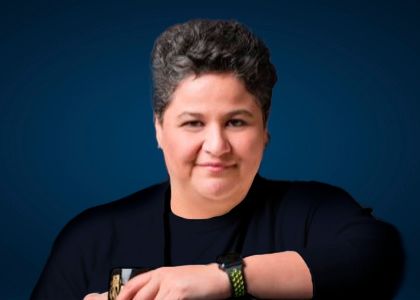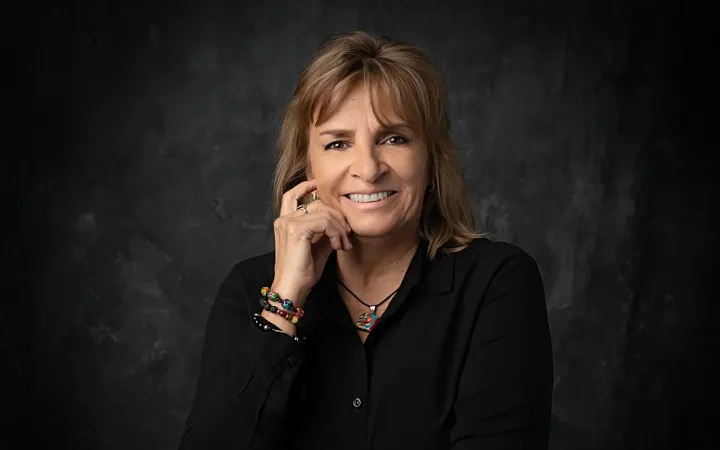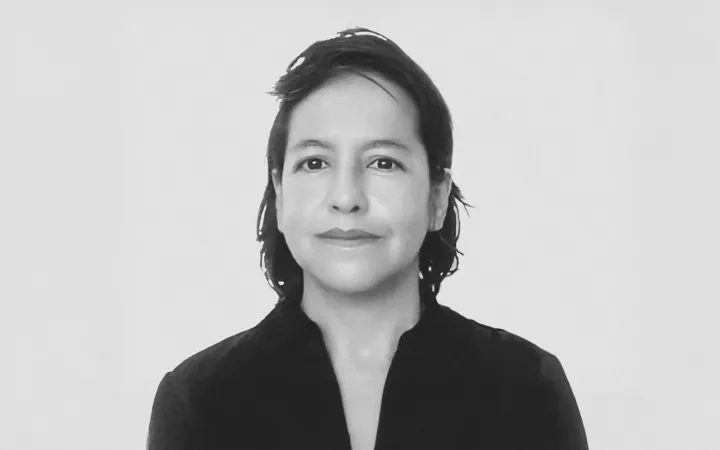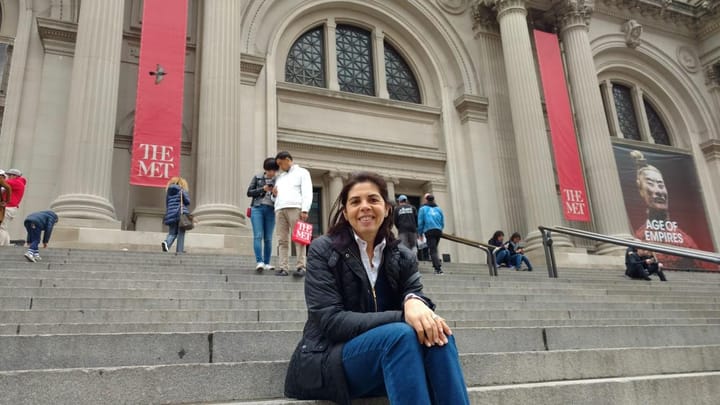
Por Marilú Acosta
¿El ser humano es bueno o malo por naturaleza? Immanuel Kant (Prusia, 1724 — 1804) contradice la tradición del bien y el mal como fuerzas opuestas e iguales que luchan constantemente, al proponer el mal como principio negativo (le falta algo para poder ser), no autónomo (no existe por sí mismo). Aquello que le falta es el libre albedrío. Si el mal fuera un principio positivo autónomo que pudiera determinar a la humanidad, piensa Kant, el libre albedrío perdería su razón de ser. Es decir, si el mal existiera por sí mismo, entonces el ser humano no podría elegir el mal, el mal lo estaría eligiendo a él. Por esto, el mal se encuentra exclusivamente en el terreno de la moral y la moral sólo puede generarse dentro del libre albedrío. Sin libertad no hay moral. Sin moral no hay mal. Por otro lado, el bien de Kant es un principio esencial, único, positivo (no requiere del libre albedrío), y autónomo (actúa por sí mismo). No son absolutos, porque no pueden existir el uno sin el otro. El mal no puede concebirse, entenderse y observarse sino es a partir del bien. Para el Budismo, tampoco son cualidades absolutas, sino relativas, y va más allá que Kant, porque al carecer el Budismo de un código moral, el bien y el mal son relativos también porque no se le da un valor a la persona, ni a las acciones, sino a las consecuencias y al origen de la decisión. Sí, también en el Budismo es esencial el libre albedrío, porque cuando se decide a partir de una conciencia de egoísmo, de falta de respeto a la vida, o para romper el tejido social, las consecuencias pueden juzgarse como malas. Si se hace desde las cuatro actitudes inconmensurables, como los iluminados, entonces las consecuencias son buenas. Regresando a Kant, si esto fuera una moneda, de un lado está el bien y del otro está el mal, como reflejo opuesto; por que el bien es un regulador universal de la conducta del ser humano, la ética, la moral y la lógica le permiten discernir el bien del mal. El mal es un bien incompleto, limitado, elegido a través del libre albedrío.




